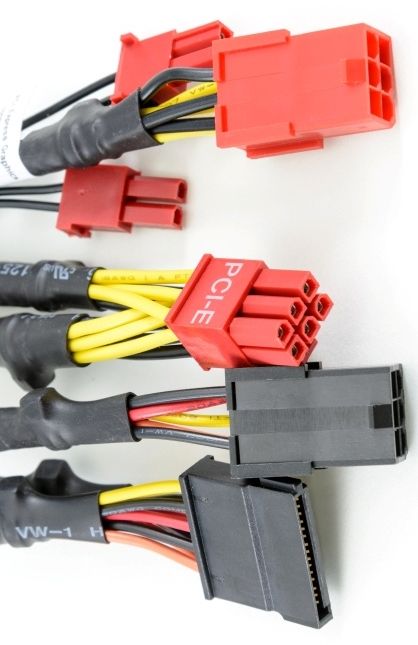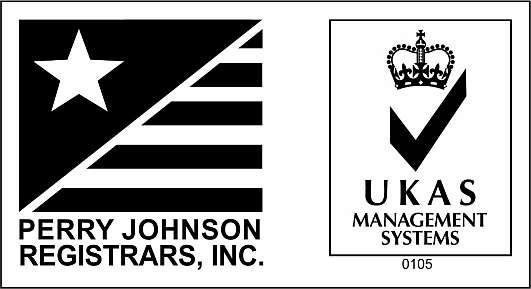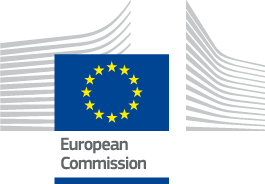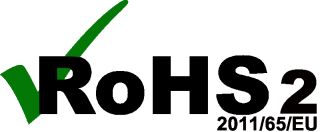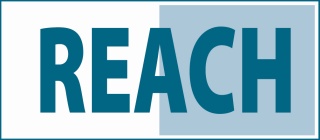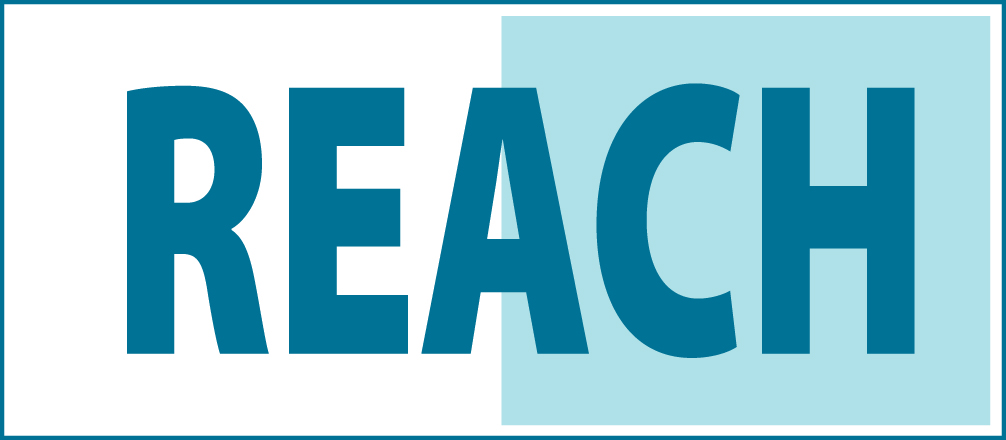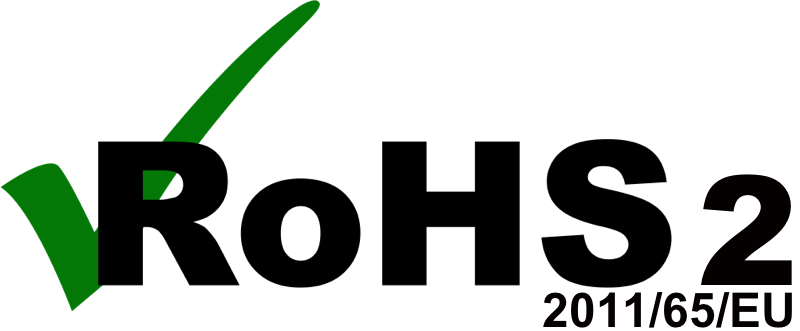Cable and Wire Harness
Manufacturing Services
Nortra Cables offers custom cable and wire harness design assistance, prototyping and manufacturing services for medical, computer, communications, industrial, and electromechanical applications.
Some types of manufactured assemblies include: Loom Harnesses, Box Builds, Prototyping, Coaxial Cable, RF, Power, Audio/Video, Ribbon, High Flex, High Temperature, Multi-Conductor, PC Board Connections, and so much more.
Wiring Harness Manufacturer's Association
Nortra is a long standing member of the Wiring Harness Manufacturer's Association (WHMA).
 It is Nortra's standard operating procedure to build to IPC/WHMA-A-620, Class 2, Rev. C standards. For more information
about WHMA's new revision C standard (released in March 2017), click here.
It is Nortra's standard operating procedure to build to IPC/WHMA-A-620, Class 2, Rev. C standards. For more information
about WHMA's new revision C standard (released in March 2017), click here.
